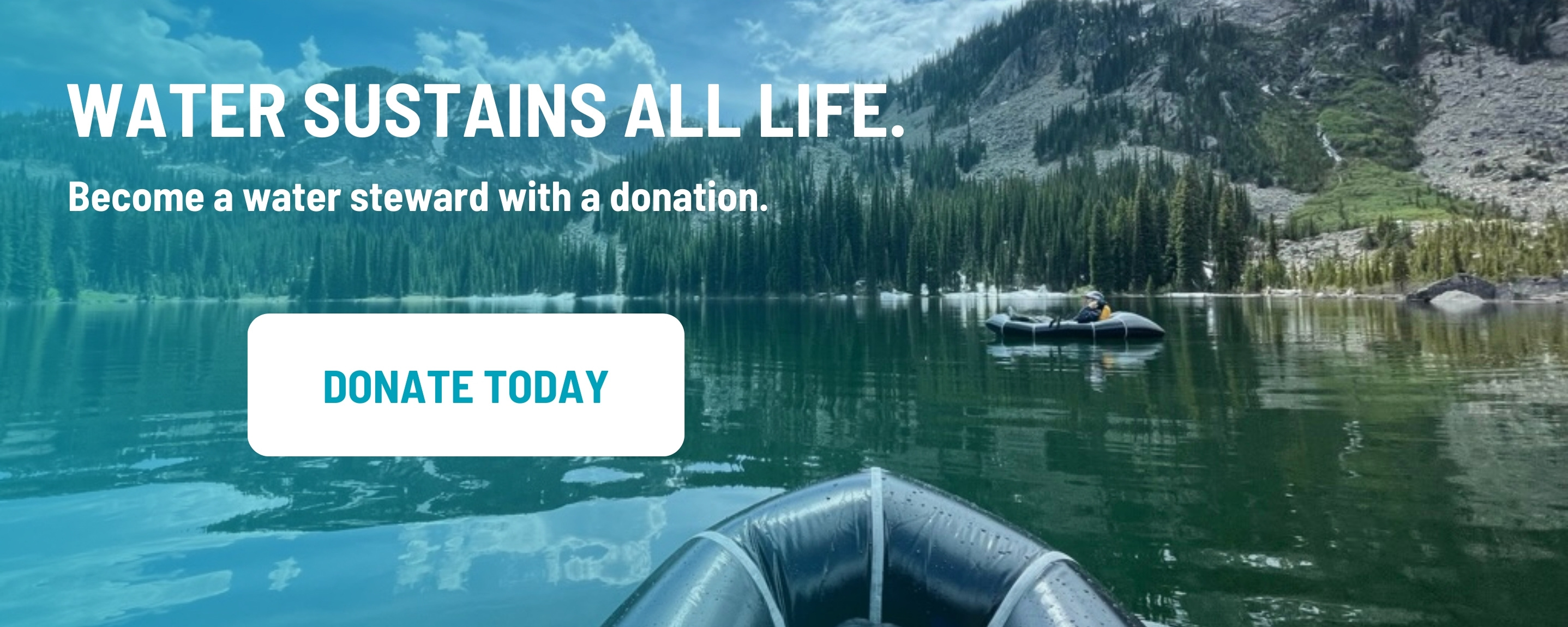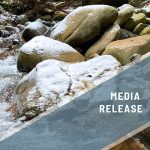“Water is always listening”: A lakes gathering in the Yukon and a win for the Water Hub 🏆
Banner photo features Lake Laberge (Tàa’an Mǟn), Yukon. Courtesy of Martina Volfová, 2023 Lake Biodiversity Photo Challenge.
This winter, people across Canada are confronting the continuing effects of the 2023 drought season, experiencing first hand changing snow patterns and warmer temperatures. As struggling ski resorts and tourist-dependent towns contend with record-low snowpacks, water scarcity concerns for 2024 are growing. Ongoing drought will impact food security, community water supply and the natural ecosystems we depend on. Drought also triggers wildfires and heightens the risk of more severe flooding in spring.
But there is good news too: awareness is also increasing, and with awareness comes action. With your support, we are continuing to collect and analyze water data, train community groups in water monitoring, expand our successful program models to new regions, share best practices with collaborators and levels of government, and advocate for localized adaptation solutions.
Read on for our latest updates!
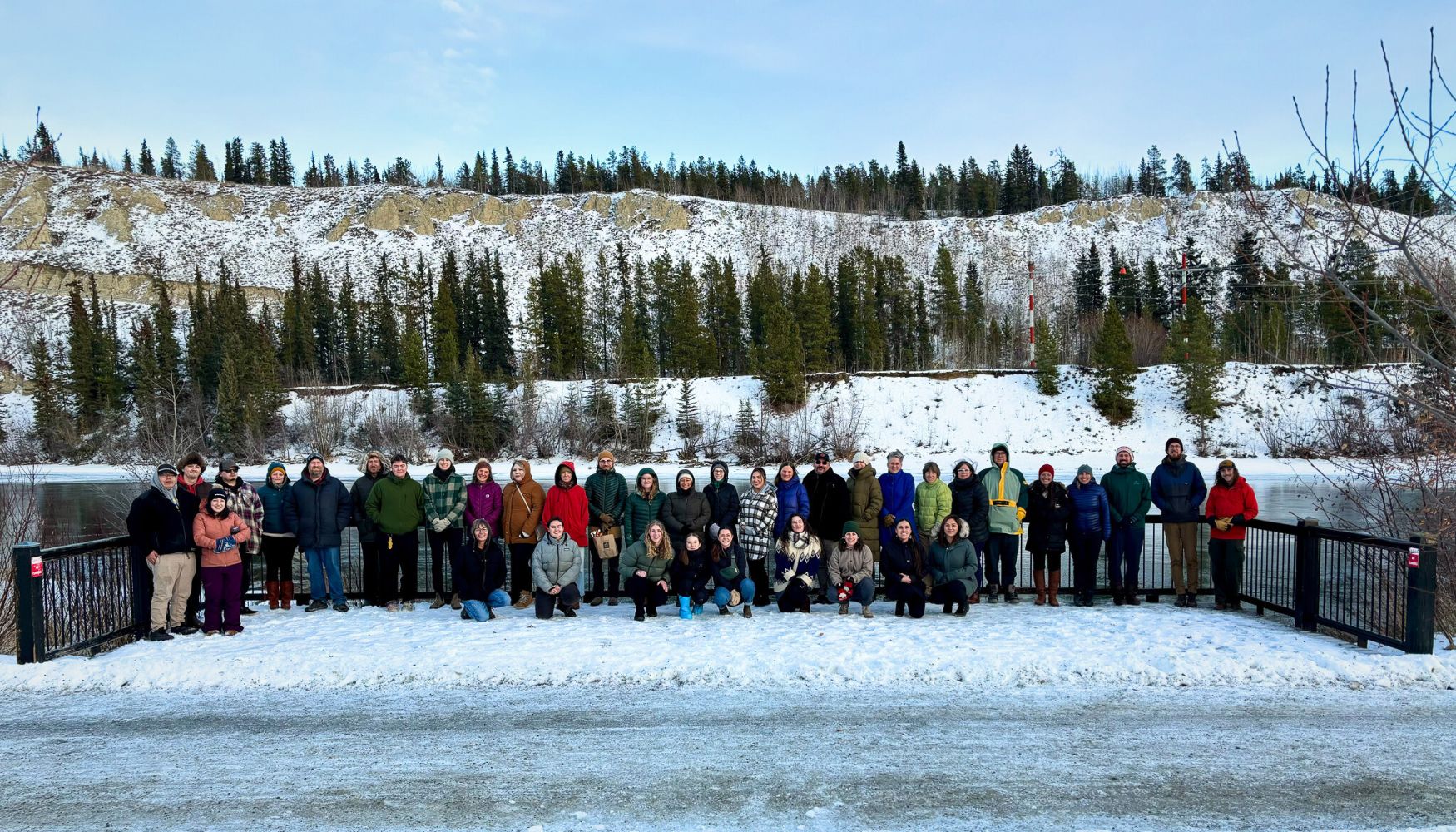
Confluence of Knowledge: ‘Celebrating The Lakes’ brings Yukon Stewards together
Living Lakes Canada is facilitating a Yukon Lake Monitoring Initiative. This project seeks to understand current lake monitoring efforts across the territory. It will identify monitoring gaps and explore both the priorities and concerns of lake monitoring within Indigenous and non-Indigenous communities, governments and other stakeholders. The end goal is the interweaving of Indigenous perspectives and Western science to implement a coordinated territory-wide lake monitoring network.
Commissioned by and in collaboration with the Government of Yukon, Living Lakes hosted an inaugural “Celebrating The Lakes” gathering in December for 1.5 days of workshops, presentations, and meaningful dialogue about the health and importance of lakes in the Yukon.

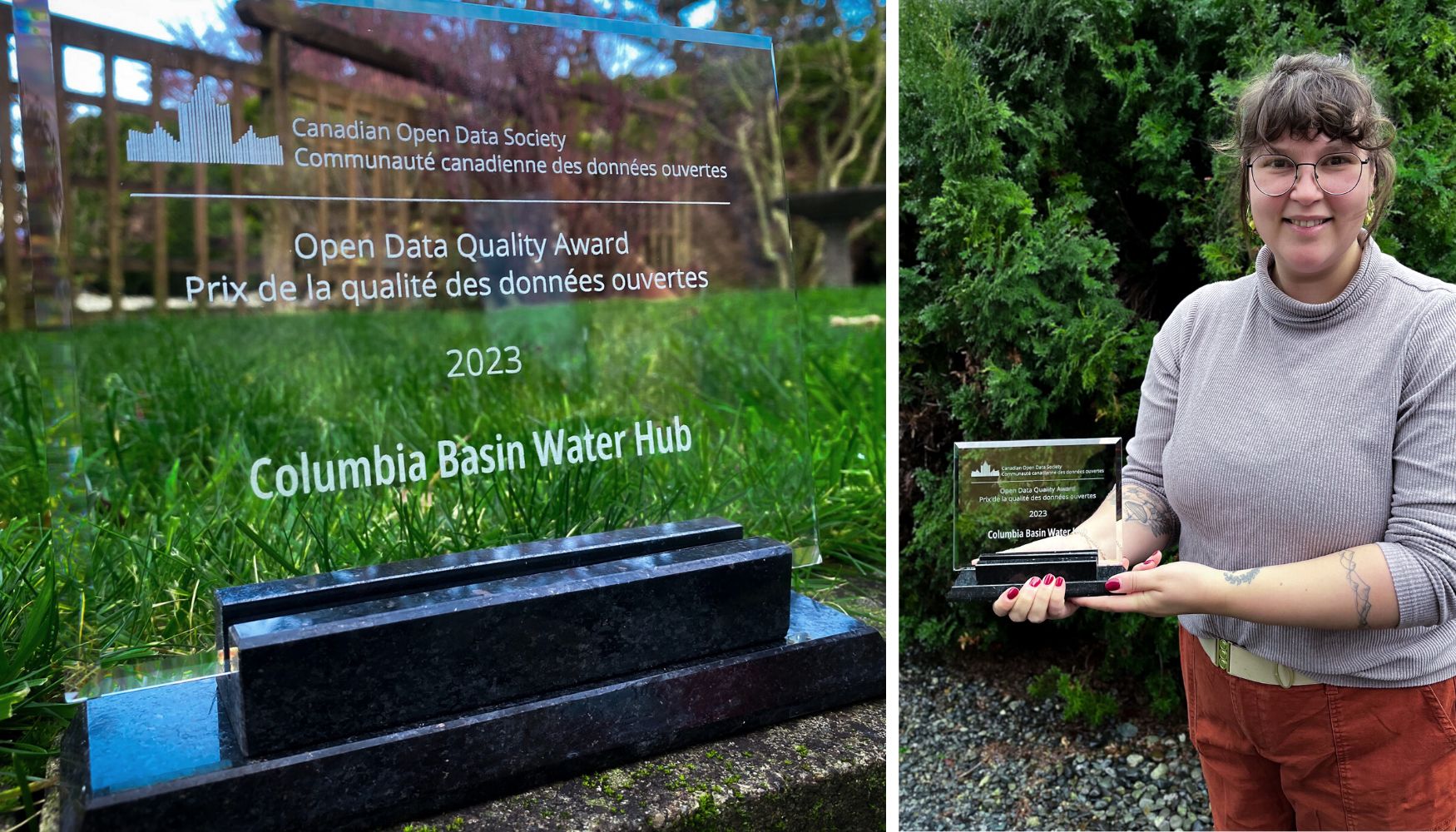
Water Hub wins 2023 Open Data Quality Award
The Columbia Basin Water Hub, a central repository developed by Living Lakes Canada for water and water-related data in the Canadian Columbia Basin, was recently recognized with an Open Data Quality Award at the 2023 Canadian Open Data Summit in Victoria, BC.
As compounding climate impacts continue to threaten water supply, the importance of accessible and reliable data to support the decision making needed for community adaptation strategies and watershed security can’t be understated. This award also underscores the value of regional databases in fulfilling this function.


Join us for a Virtual Screening of Losing Blue
Recently named Best Canadian Short Film at the 2023 Planet in Focus International Environmental Film Festival in Toronto, Losing Blue is a powerful documentary produced by the National Film Board of Canada that explores the impacts of global warming on Canada’s iconic glacier-fed alpine lakes.
In support of our High Elevation Monitoring Program, Living Lakes Canada is hosting an exclusive online screening of Losing Blue on Wednesday, January 31 at 5 p.m. PST / 6 p.m. MST / 8 p.m. EST, followed by a 15-minute talk on the science behind the film. There will also be a Q&A with the film’s science advisors, Janet Fischer and Mark Olsen, and filmmaker, Leanne Allison.

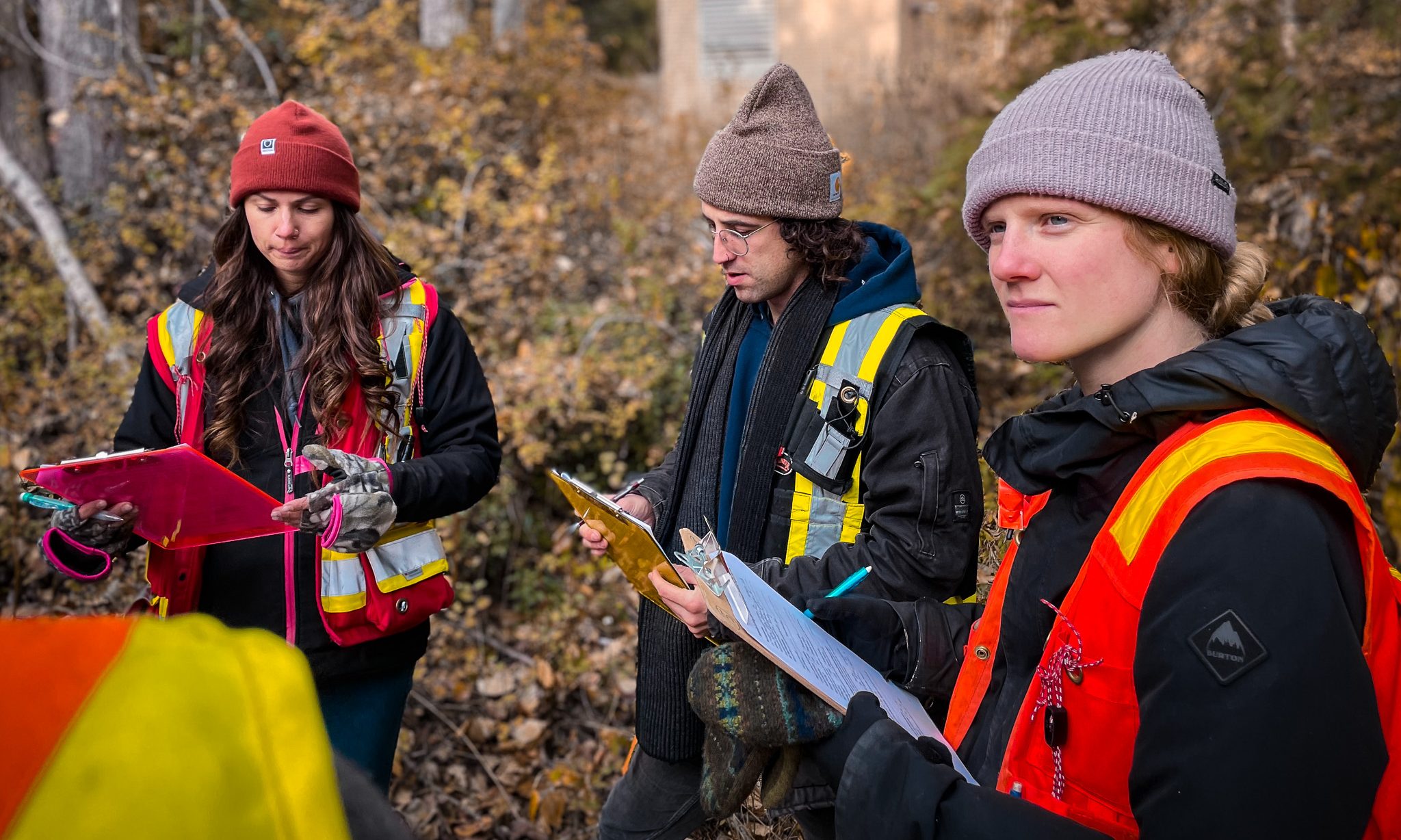
Hands-on Hydrology: a Visual Journey of Campus Groundwater Learning
Careful management and allocation of groundwater are increasingly more important as populations continue to grow, demand escalates, climate pressures intensify, and communities move from uncertain surface water supply to groundwater. The goal of the Living Lakes Canada Groundwater Monitoring Program is to increase knowledge of groundwater resources to effectively inform sustainable water management. Data collected through this program complements the B.C. Provincial Groundwater Observation Well Network.
Each year, as part of program outreach, we help equip today’s Selkirk College’s School of Environment and Geomatics hydrology students for tomorrow. This photo essay captures their experience from our latest groundwater lab.


A Watershed Victory for the Grizzly Bear Spirit
In the latest edition of “The Youth Perspective” column series, Trinda Cote, Indigenous Youth Ambassador with Living Lakes Canada, reflects on her personal connection to the Qat’Muk Indigenous Protected and Conserved Area (IPCA), home to Kⱡawⱡa Tukⱡuⱡakʔis (the Grizzly Bear Spirit for the Ktunaxa People) and its significant role in advancing Reconciliation through watershed protection.

Our Current Reads
Projections reveal the vulnerability of freshwater to climate change – Phys.org
Snowpack means B.C. must prepare for record drought this summer – Watershed Watch Salmon Society
Alberta facing water restrictions, ‘agricultural disaster’ if drought conditions persist – Global News
More than 70% of Canada is ‘abnormally dry.’ Here’s why – CTV News
After a year of disasters, where should Ottawa’s climate policy go in 2024? – Global News


